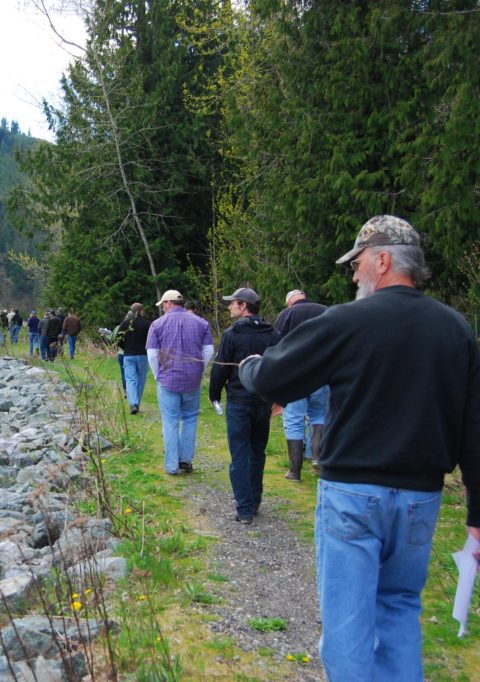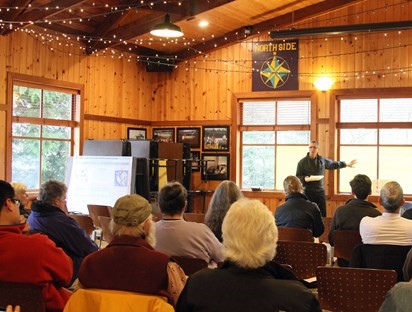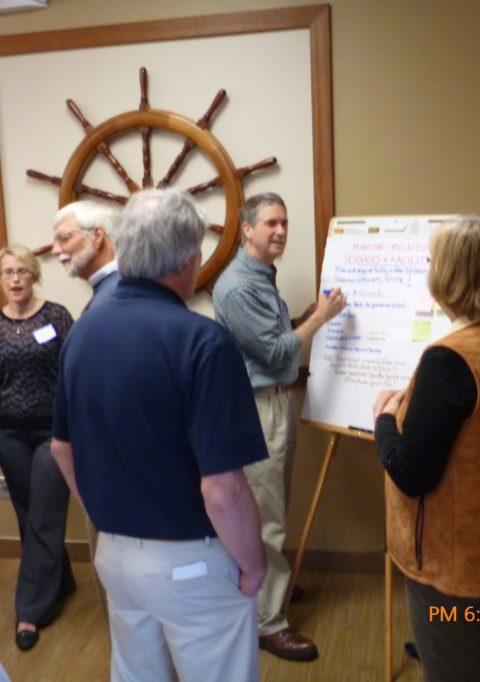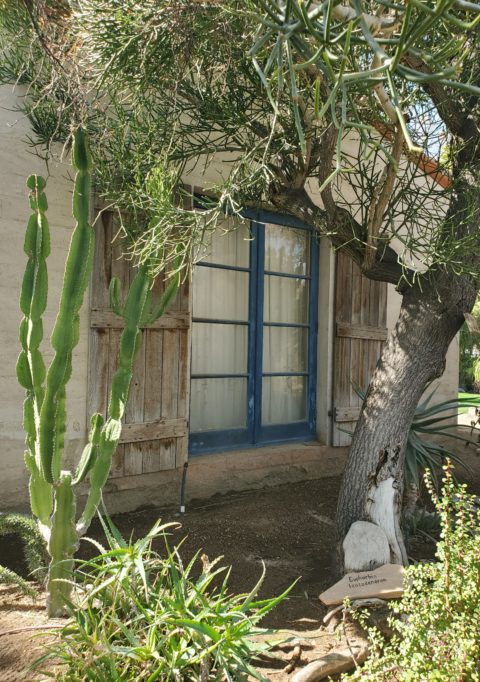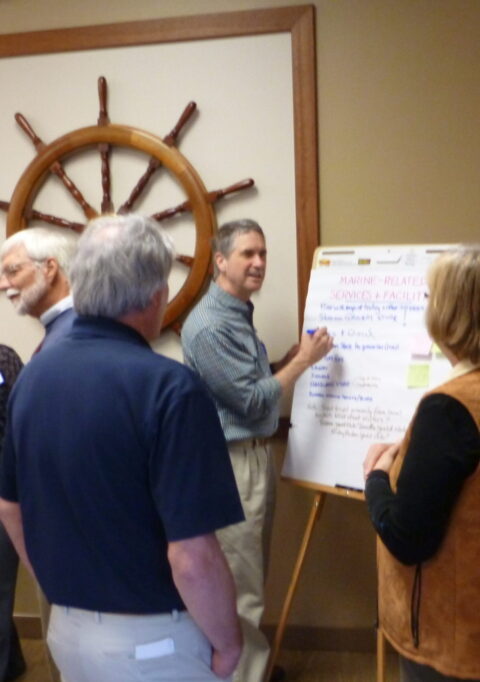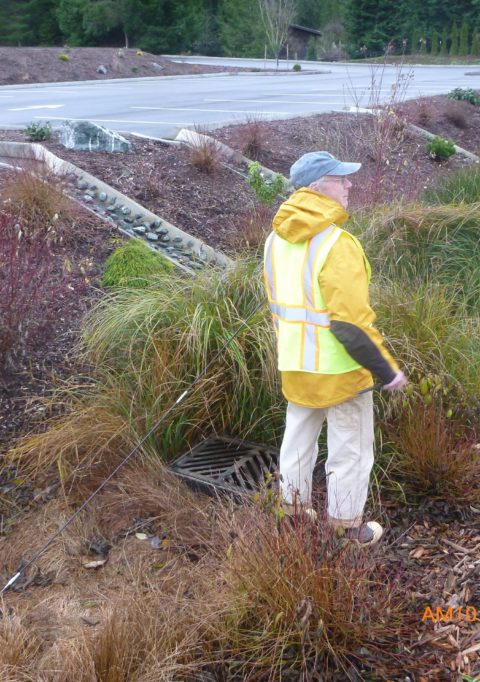Vancouver, Wash. – Maul Foster & Alongi, Inc. (MFA), a leading Pacific Northwest multidisciplinary firm, is excited to announce the acquisition of Peak Sustainability Group, a respected Bellingham, Washington-based firm specializing in climate change and sustainability services. The acquisition of Peak reflects MFA’s ongoing commitment to environmental stewardship and sustainable business practices. This partnership enables MFA…
How to compost at home
How to compost at home
There are many different ways to make a compost pile; here are suggestions for general references. Helpful tools include pitchforks, square-point shovels or machetes, and water hoses with a spray head. Regular mixing or turning of the compost and some water will help maintain the compost.

Backyard Composting
- Select a dry, shady spot near a water source for your compost pile or bin.
- Add brown and green materials as they are collected, making sure larger pieces are chopped or shredded.
- Moisten dry materials as they are added.
- Once your compost pile is established, mix grass clippings and green waste into the pile and bury fruit and vegetable waste under 10 inches of compost material.
- Optional: Cover top of compost with a tarp to keep it moist. When the material at the bottom is dark and rich in color, your compost is ready to use. This usually takes anywhere between two months to two years.
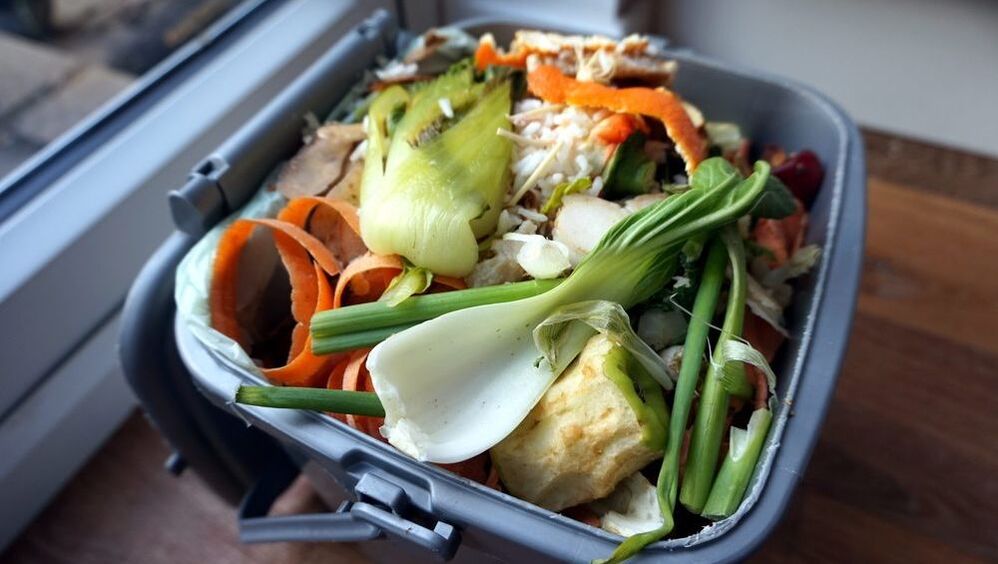
Indoor Composting
If you do not have space for an outdoor compost pile, you can compost materials indoors using a special type of bin, which you can buy at a local hardware store, gardening supplies store, or make yourself. Remember to tend your pile and keep track of what you throw in. A properly managed compost bin will not attract pests or rodents and will not smell bad. Your compost should be ready in two to five weeks.

What to compost
When it comes to composting the list is quite extensive. All types of fruits and vegetables can be composted, including any that have gone bad, seeds or pits, and scrapings. Your compost pile should have an equal amount of browns to greens. You should also alternate layers of organic materials of different-sized particles. The brown materials provide carbon for your compost, the green materials provide nitrogen, and the water provides moisture to help break down the organic matter. Eggshells, nut shells, even coffee grounds and filters can be composted. Newspaper, cardboard and paper are great for compost bins too.
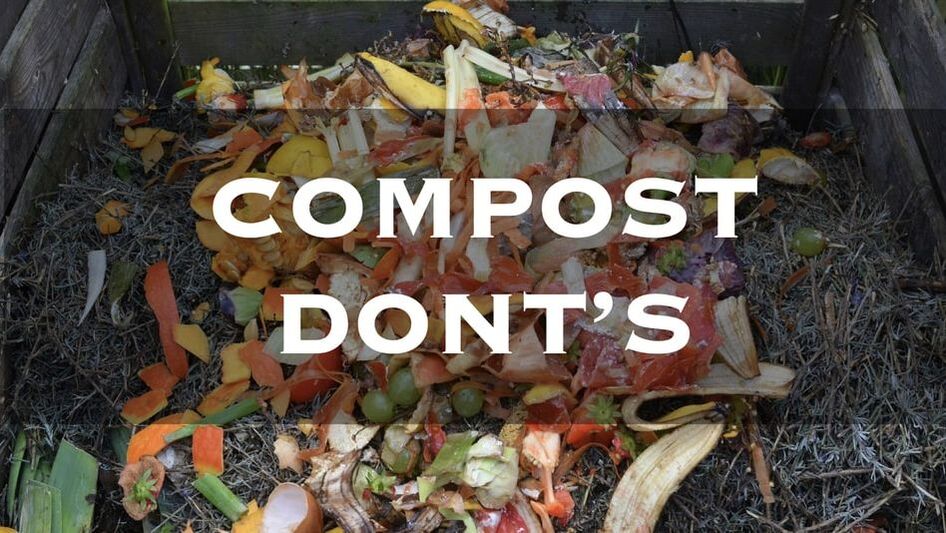
What NOT to compost
When in doubt, throw it out. Any dairy products including whole eggs, meat and bones, fats, grease and oil should not be composted. Avoid things that take longer to break down which will create odors that attract pests like flies or rodents. While yard trimmings can be composted, be careful that there aren’t any chemical pesticides on them. Those chemicals can kill or harm the beneficial composting organisms and slow down the process.

7 more composting do’s and don’ts
- Add layers of activator to your compost pile. For example, after adding kitchen waste, sprinkle some activator onto the pile and moisten it with water. Activators contain both protein and nitrogen, and they’ll aid the bacteria and microorganisms with breaking organic matter into compost.
- Say no to sick plants. Because the pathogens that spread infection may survive the composting process, avoid composting diseased plants and infected plant waste. Composting sick plants may spread disease throughout your garden.
- Don’t feed the animals. Meat scraps, fish, grease and oil should not be added to an outdoor composting pile. For this reason, some gardeners also avoid adding eggshells to their piles; however, if you choose to add shells, be sure to mix them into the middle of the pile. This can lessen the likelihood of attracting raccoon and other egg-loving critters.
- No pet poo, please. Manure from horse stables, chicken coops and pig pens is fine, but don’t add solid cat or dog waste to your compost. Pet waste contains harmful pathogens, and it will attract animals to your compost.
- Keep your compost pile moist. In order for decomposition to occur in a timely fashion, your compost pile needs heat, air and moisture.
- Stir it up–your compost pile, that is. Both oxygen and moisture are necessary to the decomposition process. To keep your compost pile adequately aerated, turn it with a pitch fork or garden fork every week or so.
- Your compost pile doesn’t have to be in full sun. Just about any location will work, so long as the pile isn’t next to trees and other plants that will leach nutrients from it. In warm climates, a shady spot often works better than a full-sun locale that causes composting matter to dry out too quickly.
Happy planting, happy earth!








